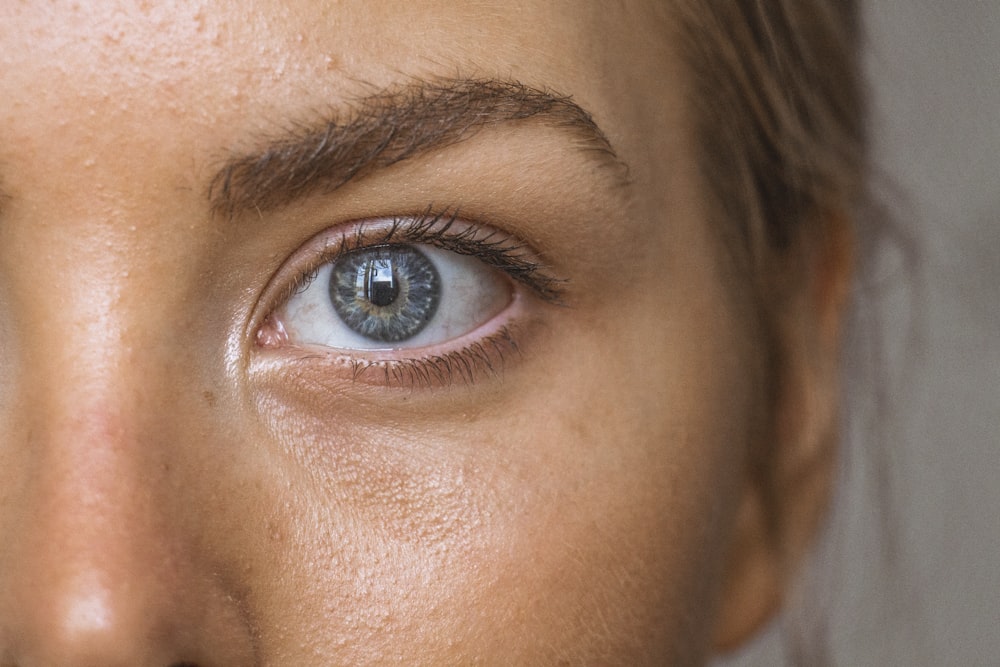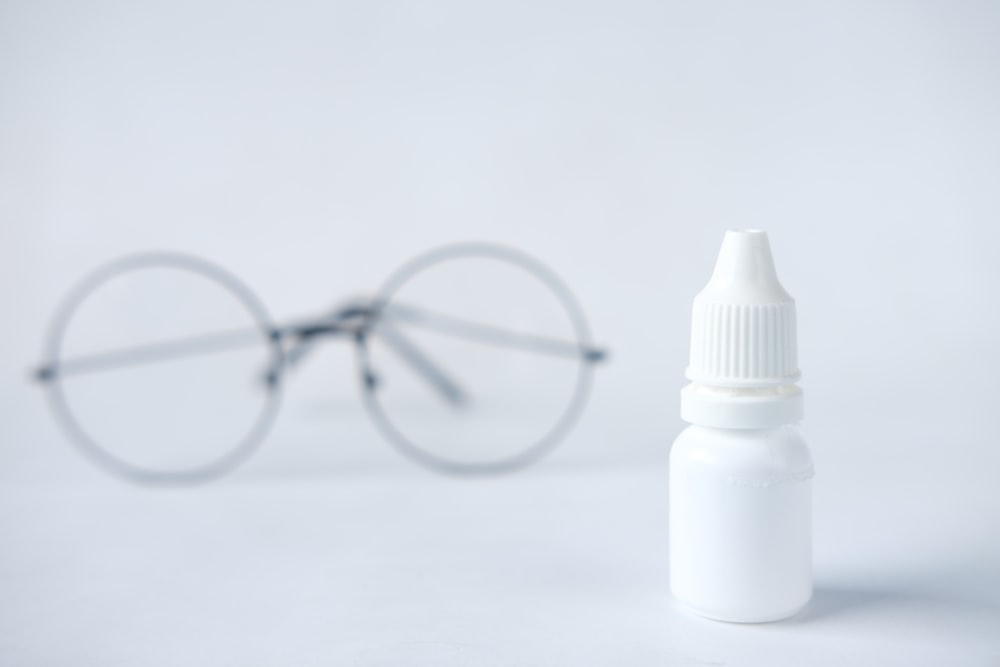A CPAP machine plays a vital role in helping you mitigate sleep apnea. By providing a continuous flow of pressurized air throughout the night, a CPAP machine keeps your airways from closing off. This ensures that you will enjoy uninterrupted breathing and sleep soundly all night long.
While a CPAP machine can help you feel much more well rested in the morning, using one isn’t without a few potential drawbacks. Most user issues are actually related to the mask that goes over the face to deliver the pressurized air. And one of the most common side effects related to the CPAP mask is dry eyes.
Here’s what you should know about why this happens and how to prevent it.
How Can CPAP Use Cause Dry Eyes?
Dry eye is a relatively common issue with symptoms such as red or irritated eyes, a scratchy or itchy feeling, as well as sensitivity to light. The eyes are unable to make a sufficient layer of tears to keep the eyes moist. This can also result in light sensitivity and blurred vision.
While there are many issues that can cause dry eyes, using a CPAP machine can contribute to this condition when the CPAP mask doesn’t fit properly. This can result in air leaks that cause a near-constant flow of air over the eyes while using your CPAP machine. Unsurprisingly, this can easily dry out the eyes. The longer you use the CPAP machine with a leaky mask, the more likely you are to experience excess dryness and irritation.
This doesn’t just create problems for your eyes. Some people may decide to stop using their CPAP machine because of their dry eye problem, which means they won’t be getting the treatment they need for sleep apnea.
How to Prevent CPAP-Related Dry Eye
Fortunately, experiencing dry eye after using your CPAP machine doesn’t mean you have to give up on sleep apnea therapy entirely. More likely, it means that you need to readjust your mask to provide a snug, yet comfortable fit that doesn’t allow any air leaks. Avoid applying oily moisturizers to the skin where the mask attaches to your face, as this could make it harder for the mask to form a good seal.
If you continue to experience air leaks after adjusting your mask, consult with a sleep specialist. You may need to get a different size mask, or switch to a different type of mask (such as nasal pillows) that is less prone to air leaks. Even with a properly sized and fitted mask, you will need to replace mask components based on the manufacturer’s recommended schedule to prevent the development of leaks in the future. Regular cleaning can also help keep the mask in good condition and prevent leaks.
Using a humidifier with your CPAP may also reduce the risk of dry eyes if a mask leak occurs. A humidifier adds heated moisture to the air delivered by your CPAP machine — as a result, such air would be less likely to cause dry eyes if it leaked from the mask. Some people also benefit from using a nighttime eye lubricant to keep their eyes from drying out.
Additional Treatments For Dry Eyes
While a leaking CPAP mask can contribute to or worsen dry eye symptoms, this isn’t the only reason why a CPAP user could experience dry eyes. In fact, many individuals with sleep apnea also suffer from medical conditions like type 2 diabetes and hypertension, which are also known to contribute to dry eyes. Those who stare at screens for a long time for work or recreation are also more prone to developing dry eyes.
As a result, many CPAP users may struggle with chronic dry eye, regardless of what they do with their mask. While you should still certainly take steps to reduce the risk of CPAP mask leaks, there are several other things you can do to combat dry eyes.
First, try using artificial tears or eye drops as needed to relieve symptoms and increase moisture. For many people, this is enough to offer relief from dry eye symptoms. If you live in a dry location, you could also use an indoor humidifier to increase the humidity level inside your home. Eating foods with higher levels of omega-3 fatty acids (such as fish or flax seed) can also improve eye health.
If you use a screen for work, follow the “20/20” rule of taking a 20-second break where you focus on an object 20 feet away from you every 20 minutes. Take longer breaks away from the screen at the end of each hour. Practice blinking more often.
If severe eye irritation persists, you may need to consult with a doctor. They can determine if you need prescription medication or other treatment.
Get the Right Mask to Prevent Dry Eye!
One of the most important factors in preventing dry eyes is ensuring that you have the right size and type of CPAP mask for your face shape and sleep apnea treatment needs. At No Insurance Medical Supplies, we offer a wide range of CPAP masks from leading brands, many at significant discounts off of MSRP.
Whether you need nasal pillows or a full face mask, you can find a quality mask at a price you can afford. By consulting with your doctor to determine the type of mask that will work best for you, you can get the treatment you need while also avoiding dry eyes and other negative side effects. Place your order today to start sleeping better!


